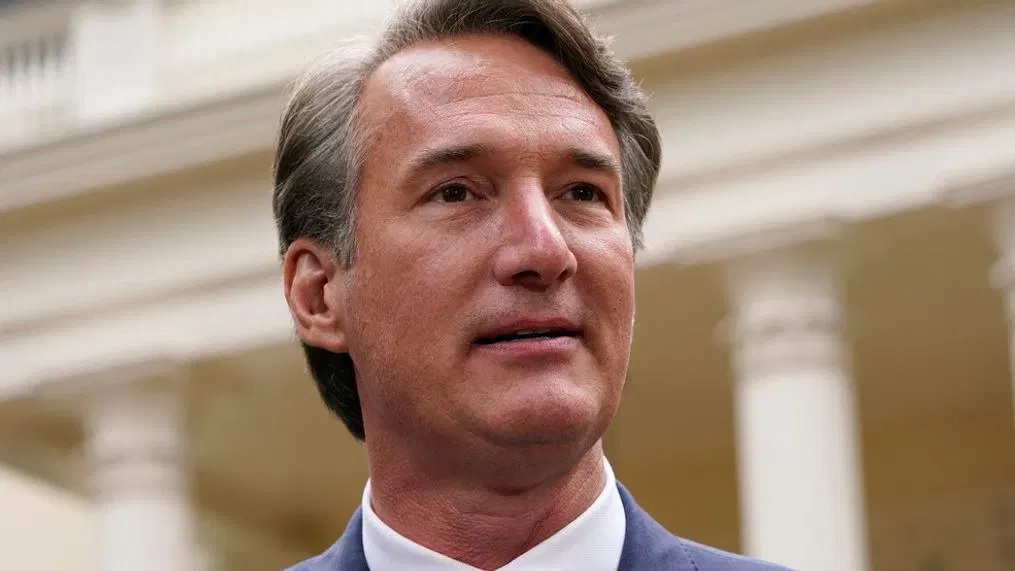Recently, Republican Governor Glenn Youngkin of Virginia signed into law a bill that effectively bars legacy admissions at public colleges within the state. This action brings Virginia in line with several other states advocating for the cessation of admissions practices that give preference to applicants based on their family connections to alumni, particularly in light of the Supreme Court’s June 2023 ruling against race-based admissions.
With unanimous bipartisan support, the bill passed through the Virginia Senate with a 39-0 vote and the House of Delegates with a vote of 99-0 before being signed into law by Governor Youngkin.
The legislation explicitly states that “No public institution of higher education shall provide any form of preferential treatment in the admissions process to any student applicant based on their legacy status or familial ties to any donor of the institution.”
Virginia Democratic state Senator Schuyler VanValkenburg, the bill’s sponsor, emphasized its importance, stating, “It’s about fairness. It’s about ensuring access to higher education for all.”
This issue has garnered further attention as the education committee of the Connecticut legislature has announced plans to examine legacy admissions in the upcoming legislative session. Additionally, federal lawmakers, including Republican Senator Todd Young of Indiana and Democratic Senator Tim Kaine of Virginia, introduced legislation in November aimed at eliminating legacy admissions nationwide, indicating a growing national dialogue on the issue.
These actions by Virginia and other states come at a time when nearly 56% of the top 250 colleges and universities in the United States consider legacy status in their admissions processes, a practice increasingly scrutinized for its impact on educational and social equity.
 Telegram is where we really talk. Don't miss out!
Telegram is where we really talk. Don't miss out!







